Understanding the return on investment (ROI) of your SEO campaigns is crucial for assessing the effectiveness of your efforts and optimizing your strategies for maximum impact. However, measuring SEO ROI can be complex due to various factors involved. Check it out, here are eight essential considerations to help you effectively measure the ROI of your SEO campaigns:
Define Clear Objectives and KPIs:
Key Point: Before measuring ROI, establish clear objectives and key performance indicators (KPIs) for your SEO campaigns. These could include increased website traffic, higher search engine rankings, lead generation, or revenue growth.
Track Conversions and Revenue:
Key Point: Implement robust tracking mechanisms to monitor conversions and revenue generated from organic search traffic. Utilize tools like Google Analytics to track goal completions, e-commerce transactions, and revenue attribution from SEO efforts.
Calculate Cost of SEO Campaigns:
Key Point: Determine the cost of your SEO campaigns, including expenses related to content creation, link building, technical optimizations, and agency fees if applicable. This allows you to calculate the ROI accurately by comparing the returns against the investment.

Attribution Modeling:
Key Point: Adopt a suitable attribution model to attribute conversions to different touchpoints along the customer journey. Consider multi-touch attribution models to understand the contribution of organic search at various stages of the conversion funnel.
Monitor Organic Search Performance:
Key Point: Monitor organic search performance regularly using SEO analytics tools. Track metrics such as organic traffic, keyword rankings, click-through rates (CTRs), and impressions to gauge the effectiveness of your SEO efforts over time.
Consider Lifetime Value (LTV) of Customers:
Key Point: Take into account the lifetime value (LTV) of customers acquired through organic search. While immediate revenue may be one aspect of ROI, assessing the long-term value of customers gained from SEO provides a more comprehensive understanding of ROI.
Compare SEO ROI with Other Channels:
Key Point: Compare the ROI of your SEO campaigns with other marketing channels to evaluate its relative performance and contribution to overall business objectives. This helps in allocating resources effectively and optimizing your marketing mix.
Continuous Optimization and Iteration:
Key Point: SEO is an ongoing process, and ROI measurement should be iterative. Continuously optimize your SEO strategies based on performance data, industry trends, and algorithm updates to improve ROI over time.
Conclusion:
Measuring the ROI of your SEO campaigns requires careful planning, tracking, and analysis. By defining clear objectives, tracking conversions and revenue, calculating costs, adopting appropriate attribution models, monitoring organic search performance, considering customer lifetime value, comparing with other channels, and continuously optimizing strategies, you can effectively measure and maximize the ROI of your SEO efforts. This comprehensive approach not only provides insights into the effectiveness of your SEO campaigns but also guides future optimizations for sustainable business growth. Check it out more from this site.


